Resilience and Equity: The Impact of Skills for Life in Northern Uganda
Northern Uganda has experienced significant challenges in recent years, including poverty, conflict, and displacement. The effects of these challenges can be seen in the region's education system, where many students lack access to quality education and are unable to develop essential life skills. However, Far Away Friends, a non-profit organization, is working to address this issue by providing life skills classes to students in Northern Uganda.
Life skills classes are an essential component of education, and they can be particularly important for students in Northern Uganda. These classes provide students with the skills and knowledge they need to navigate the challenges of daily life, build healthy relationships, and achieve their goals. Life skills classes can also help students develop resilience and self-confidence, which can be critical in the face of adversity.
Far Away Friends offers a range of life skills classes to students in Northern Uganda, including classes on financial literacy, health and hygiene, and communication skills. These classes are designed to be practical and relevant to the students' lives, and they are taught by trained instructors who understand the challenges facing young people in the region.
One of the most significant benefits of life skills classes is their ability to help students break the cycle of poverty. Students who develop financial literacy skills are better equipped to manage their finances, start small businesses, and improve their economic prospects. Health and hygiene classes can help students stay healthy, reducing the likelihood of missed school days due to illness. Communication skills classes can help students build strong relationships with their peers and teachers, which can lead to greater academic success.
Life skills classes can also be a powerful tool for promoting gender equality. In Northern Uganda, girls often face significant barriers to education and are more likely to drop out of school than boys. However, Far Away Friends' life skills classes are designed to be gender-inclusive and address the unique challenges facing both girls and boys. By promoting gender equality through education, Far Away Friends is helping to create a more equitable society in Northern Uganda.
In conclusion, life skills classes are an essential component of education, particularly for students in Northern Uganda. Far Away Friends is doing important work by providing these classes to students in the region, helping to build a more resilient and prosperous community. By supporting organizations like Far Away Friends, we can help ensure that all students have access to the education and life skills they need to succeed.
Discussion Questions
What are some of the challenges facing students in Northern Uganda, and how do these challenges impact their access to education and life skills?
Why are life skills classes important for students in Northern Uganda, and what specific skills do these classes aim to develop?
How does Far Away Friends promote gender equality through its life skills classes, and why is this important for the community in Northern Uganda?
How might life skills classes help students break the cycle of poverty, and what role do these classes play in promoting economic development?
What are some potential challenges or limitations to providing life skills classes in Northern Uganda, and how might organizations like Far Away Friends address these challenges?
How can individuals and organizations outside of Northern Uganda support the work of Far Away Friends and other similar initiatives aimed at promoting education and life skills in the region?

